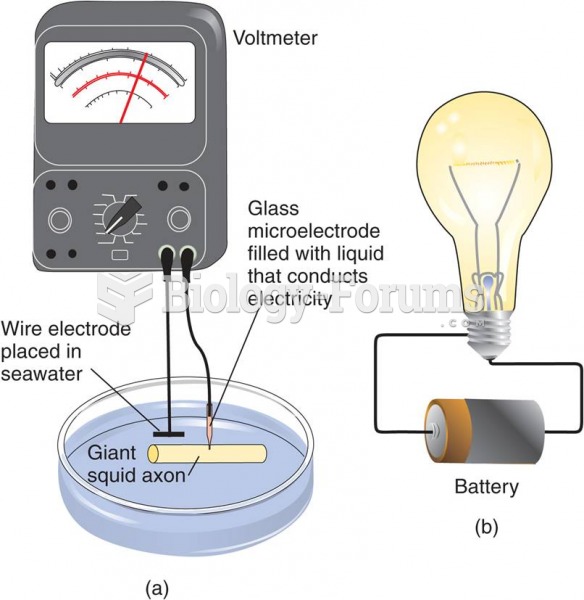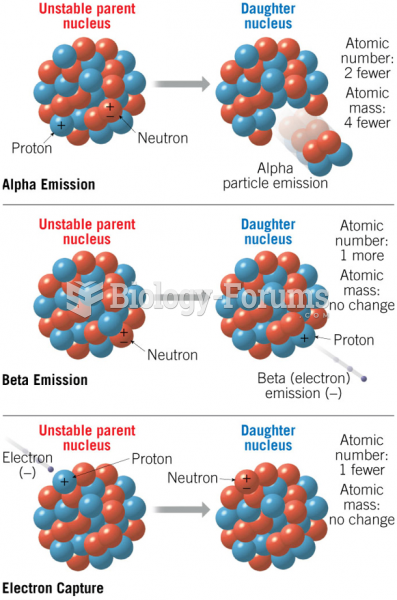|
|
|
Congestive heart failure is a serious disorder that carries a reduced life expectancy. Heart failure is usually a chronic illness, and it may worsen with infection or other physical stressors.
In 1844, Charles Goodyear obtained the first patent for a rubber condom.
The strongest synthetic topical retinoid drug available, tazarotene, is used to treat sun-damaged skin, acne, and psoriasis.
Aspirin is the most widely used drug in the world. It has even been recognized as such by the Guinness Book of World Records.
Historic treatments for rheumatoid arthritis have included gold salts, acupuncture, a diet consisting of apples or rhubarb, nutmeg, nettles, bee venom, bracelets made of copper, prayer, rest, tooth extractions, fasting, honey, vitamins, insulin, snow collected on Christmas, magnets, and electric convulsion therapy.
 Defibrillator. Defibrillators are devices that supply a voltage charge to the heart in the hope of r
Defibrillator. Defibrillators are devices that supply a voltage charge to the heart in the hope of r
 Daniel Burnham’s Flatiron Building (1902) was one of the first to use steel girders to hold up the b
Daniel Burnham’s Flatiron Building (1902) was one of the first to use steel girders to hold up the b





